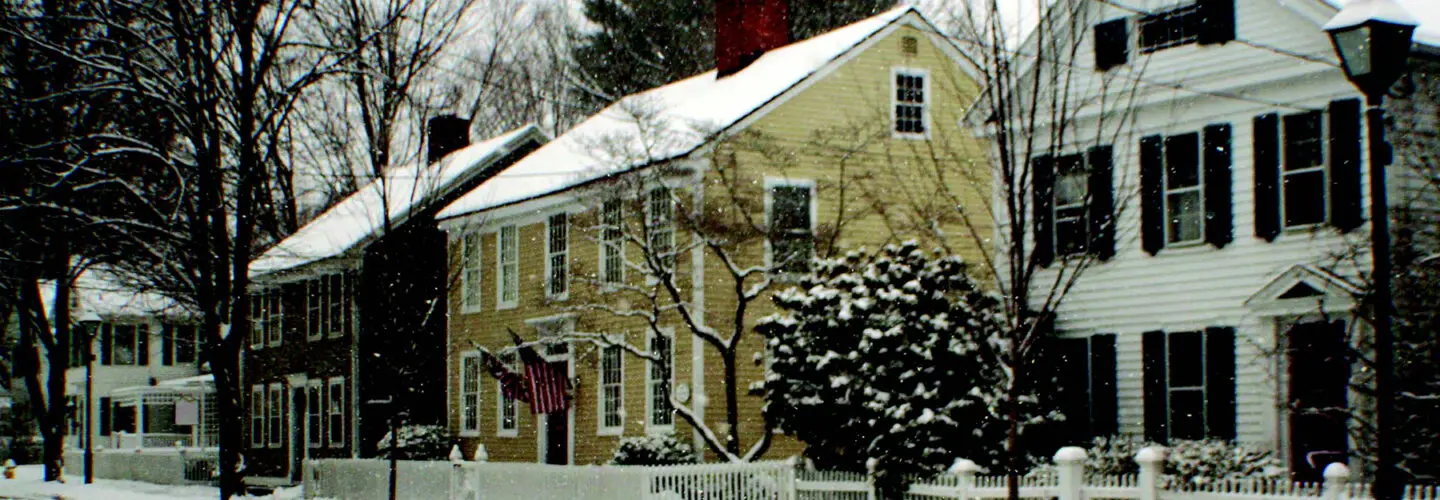To Avoid Winter Blackouts, New England Must Reduce Dependence on Methane Gas, Ramp Up Clean Energy, Says New Explainer
September 1, 2022
Contact:
Melissa Birchard, mbirchard@acadiacenter.org
Shannon Van Hoesen, shannon.vanhoesen@sierraclub.org
BURLINGTON, VT – A coalition of advocates and energy experts released a new explainer today, titled New England’s Winter Electricity Challenges Call for a Clean Energy Solution, that details how New England’s overreliance on gas creates a risk of blackouts on the electricity system in severe winters. The explainer identifies clean energy solutions as the best way to help reduce the chance of blackouts in upcoming winters and ultimately to solve the problem for good.
Key findings of the explainer are that the region already has clean energy at hand that can help solve electric system reliability problems now, including distributed energy like rooftop solar paired with battery storage, energy efficiency, and the smart management of consumer demand. The explainer also lays out how more wind and solar, together with energy storage and the strategic management of electrification, can create a reliable, lower cost electric system long term. It finds that offshore wind in particular can help substantially reduce reliance on gas during cold winters.
“By deploying clean energy tools we already have on hand to help reduce the chance of blackouts, we can provide more security right now for New England families and lower costs. Our energy leaders need to sit down and make a plan to mobilize clean energy solutions to help keep the lights on,” said Melissa Birchard, one of the lead authors and Acadia Center’s Director of Clean Energy and Grid Reform. “Everyone wants to avoid the small but real chance that the lights could go out during prolonged cold weather – and clean energy can help solve that problem quicker and more cheaply than anything else.”
In recent years New England has drastically increased the amount of gas used to generate electricity – from 15% of the region’s electricity in 2000 to 53% in 2021. Gas is also used to heat many homes. This heavy overreliance on gas creates a risk of blackouts on the electric system when there is not enough gas for all heating and electricity generation at the same time, or when gas power plants or gas supply facilities go offline for other reasons. New England’s overreliance on gas also results in major price risks for New England families and businesses, who are facing unprecedented utility bills due to this overreliance on gas combined with price spikes connected to international instability.
“Energy consumers in New England are paying more for their energy bills despite the fact that there are serious concerns about whether their lights and heat will stay on when winter weather turns extreme,” said Casey Roberts, the other lead author and Sierra Club’s Senior Attorney for the Environmental Law Program. “It doesn’t need to be this way, and there are clear steps that grid operators and state and federal decision makers can take to transition to clean energy sources to ensure New England energy consumers can stay warm during cold, harsh winters and also tackle climate change, which is driving the increase in extreme weather.”
The explainer recommends concrete actions energy leaders can take today and over coming years to make the energy system both clean and reliable, including tailoring clean energy programs that already reduce stress on the electric system in the summer to help meet grid needs in the winter too. The authors recommend swift action to deploy more clean energy to help keep the lights on all winter even during extreme cold spells, and to set the region on a sustainable and cost-effective long-term path.
“Now is the time to roll out near-term and long-term clean energy solutions that benefit our communities, including disadvantaged families who are hurt worst by blackouts, price spikes, and the climate crisis,” Birchard concluded.
The organizations that jointly released today’s energy explainer are Acadia Center, Sierra Club, the Sustainable FERC Project, Conservation Law Foundation, Environmental Defense Fund, Union of Concerned Scientists, and Natural Resources Defense Council. It is being released ahead of a New England Winter Gas-Electric Forum convening next week by the Federal Energy Regulatory Commission (FERC) in Burlington, Vermont to discuss electric system reliability in the region with state and regional energy leaders.




















Follow us